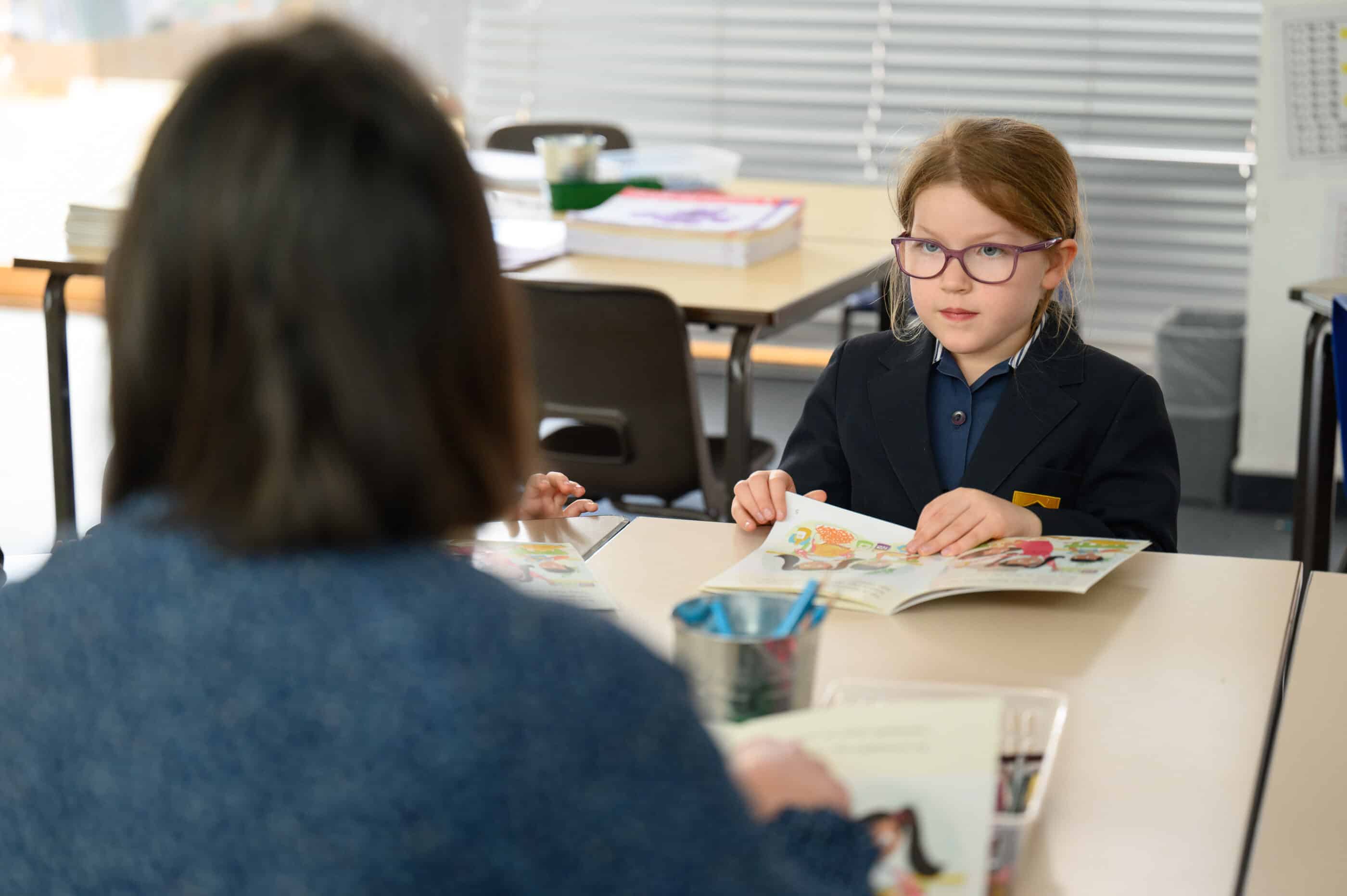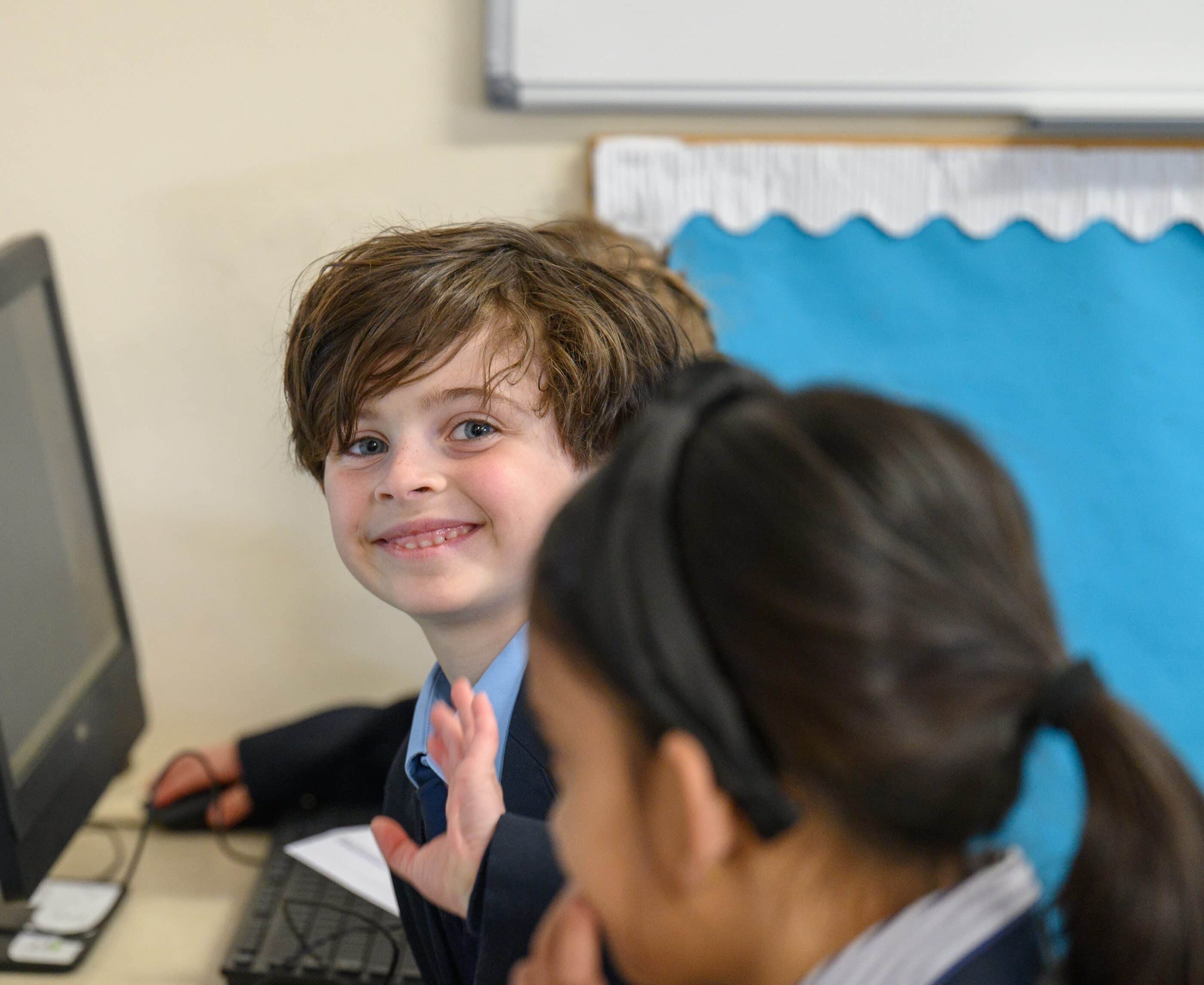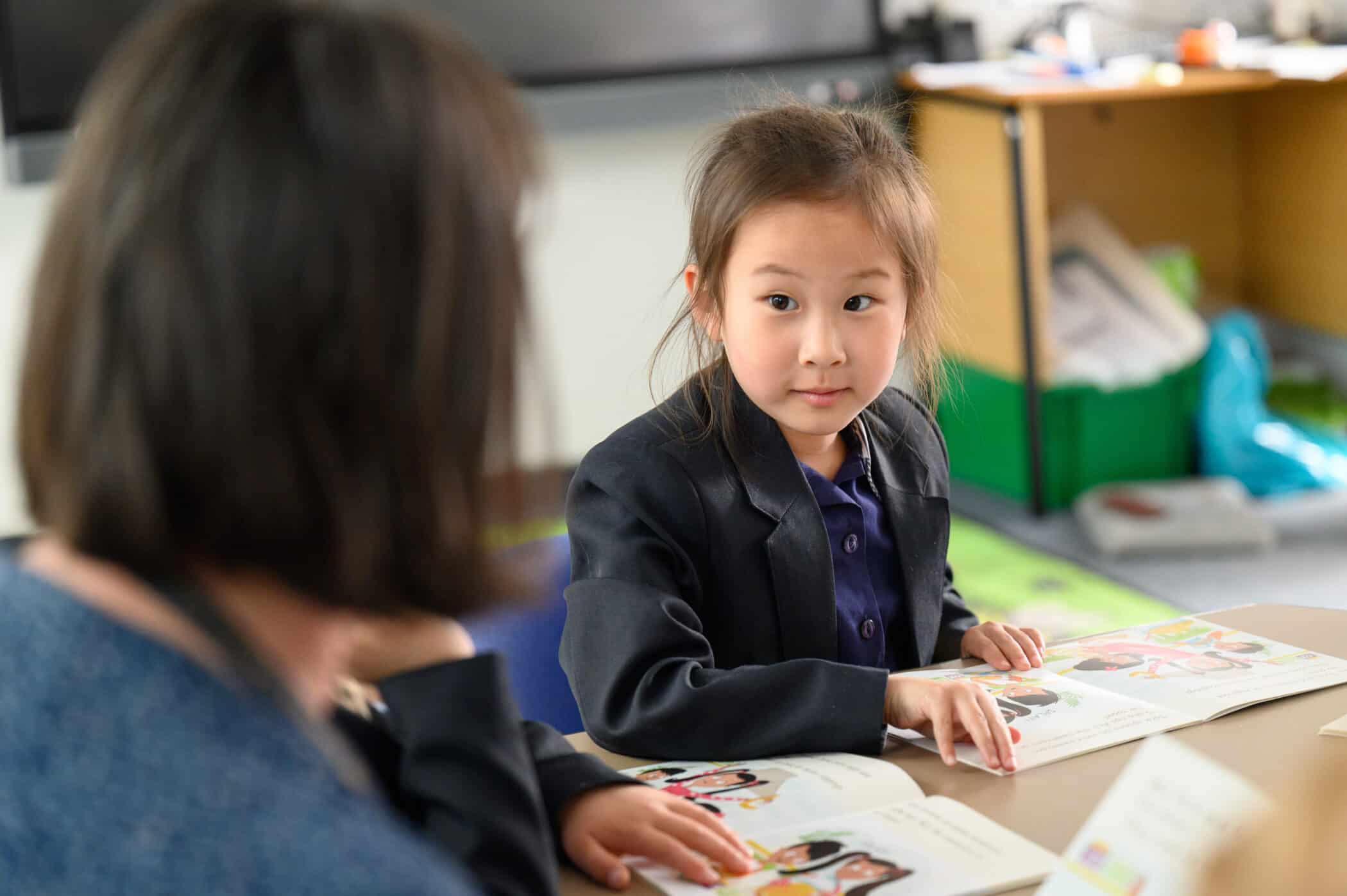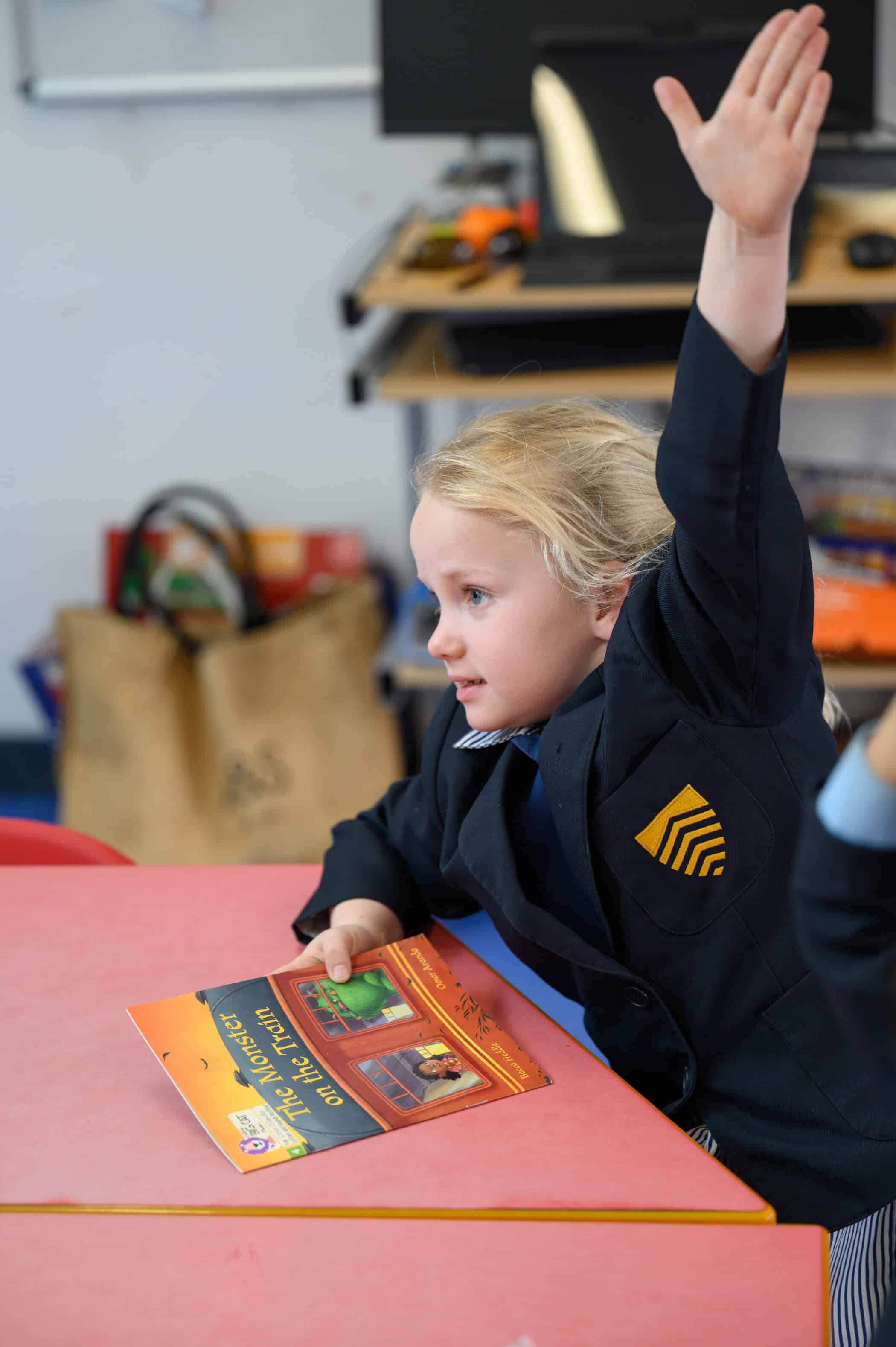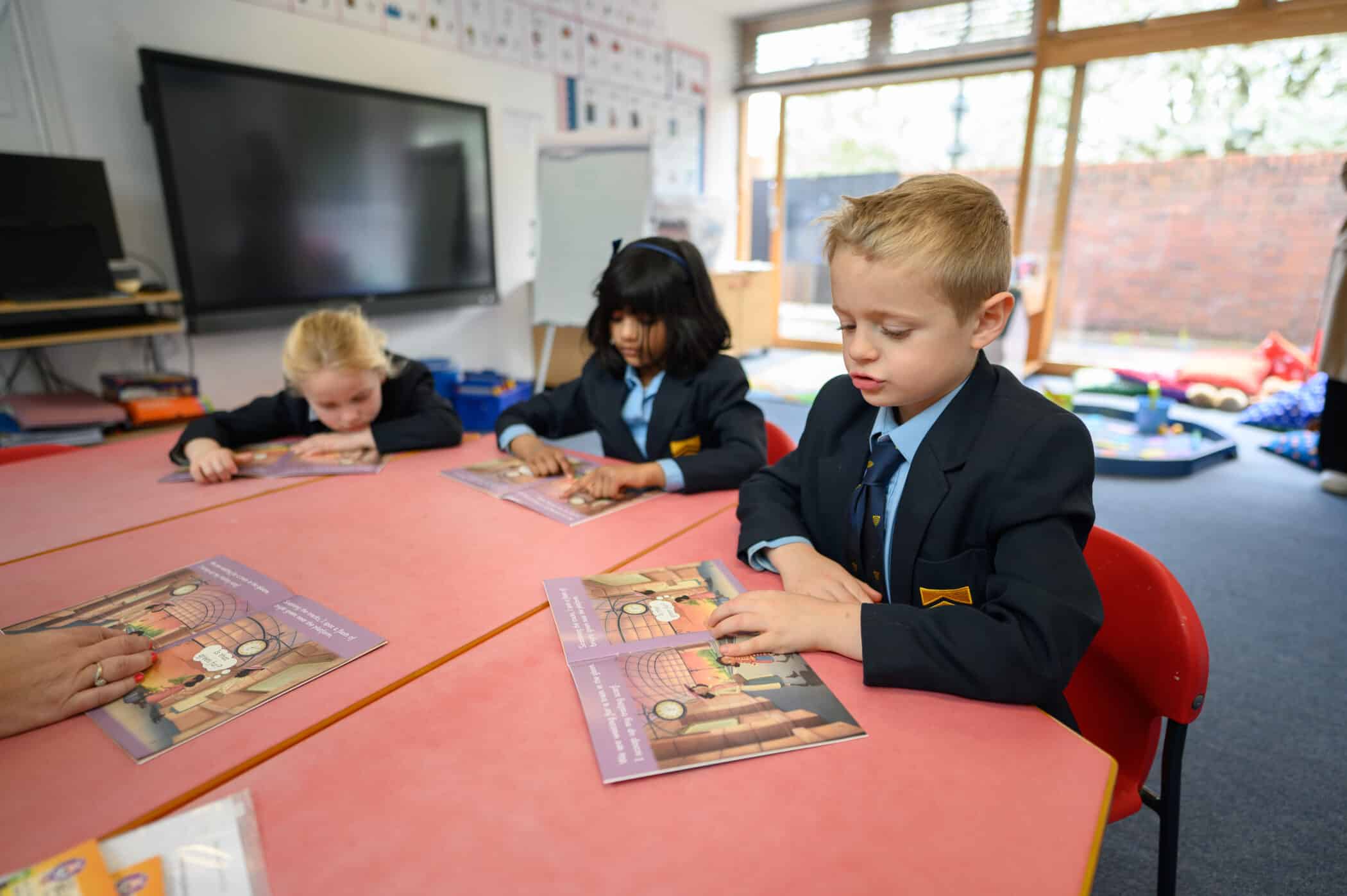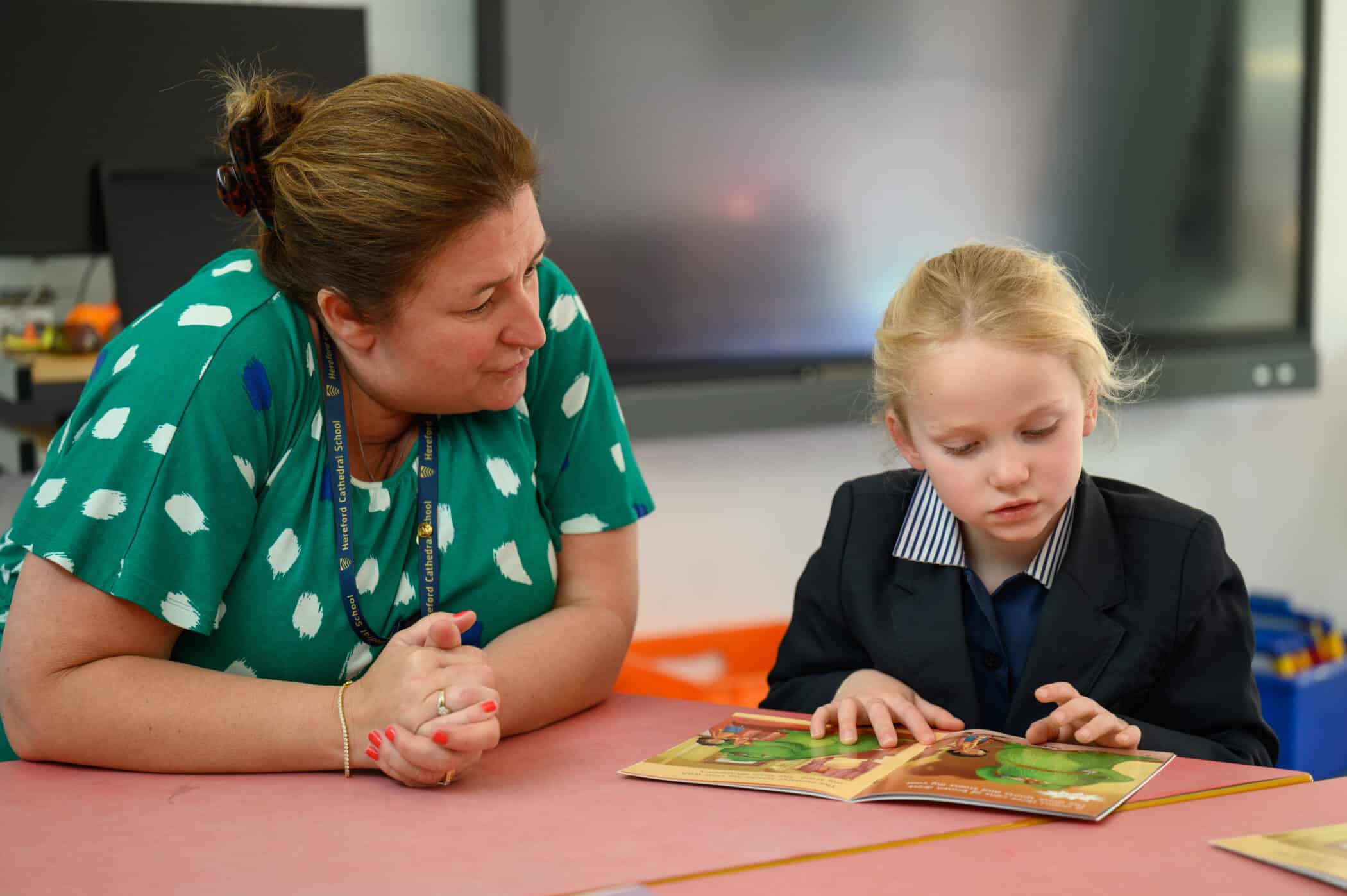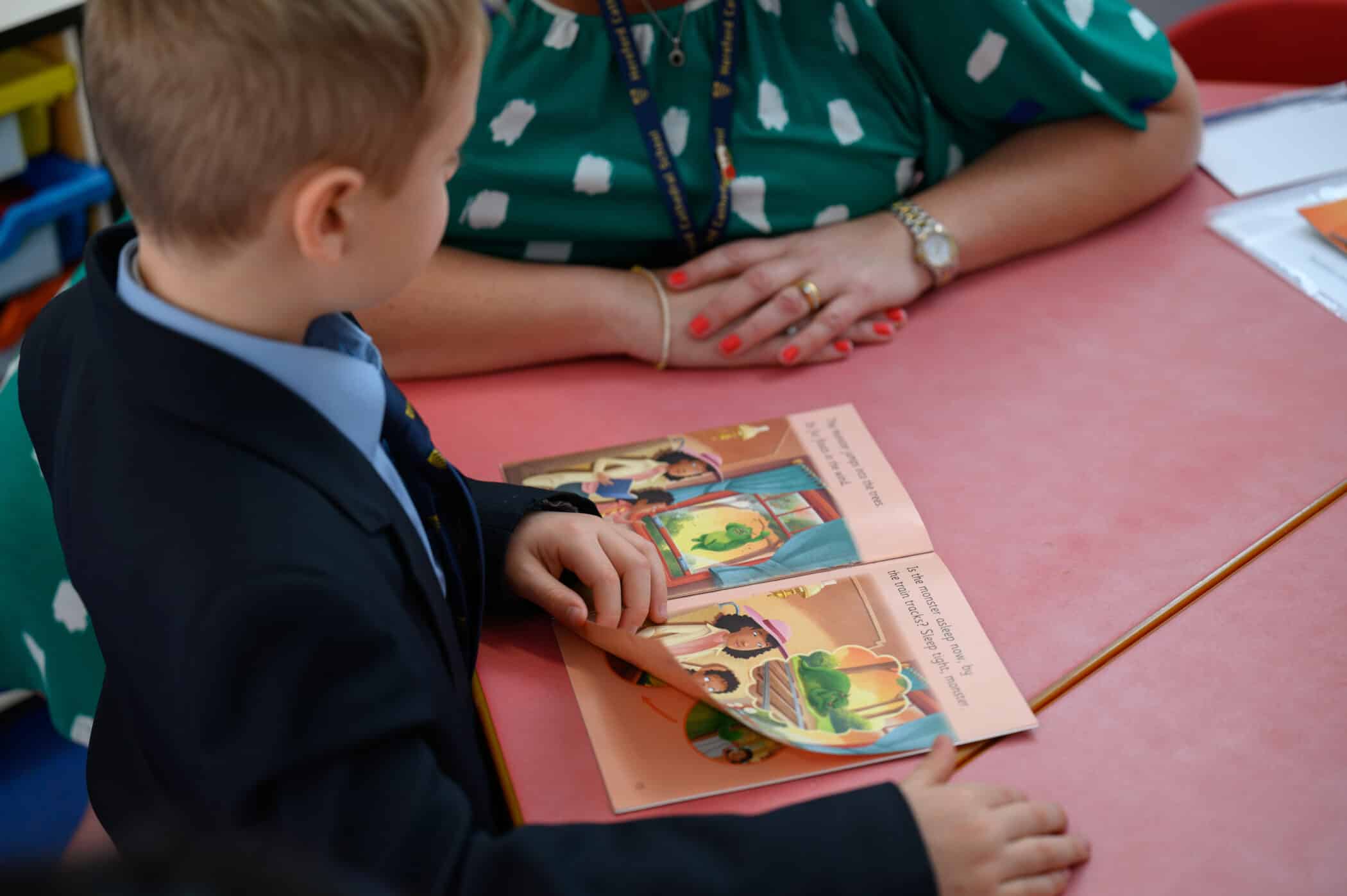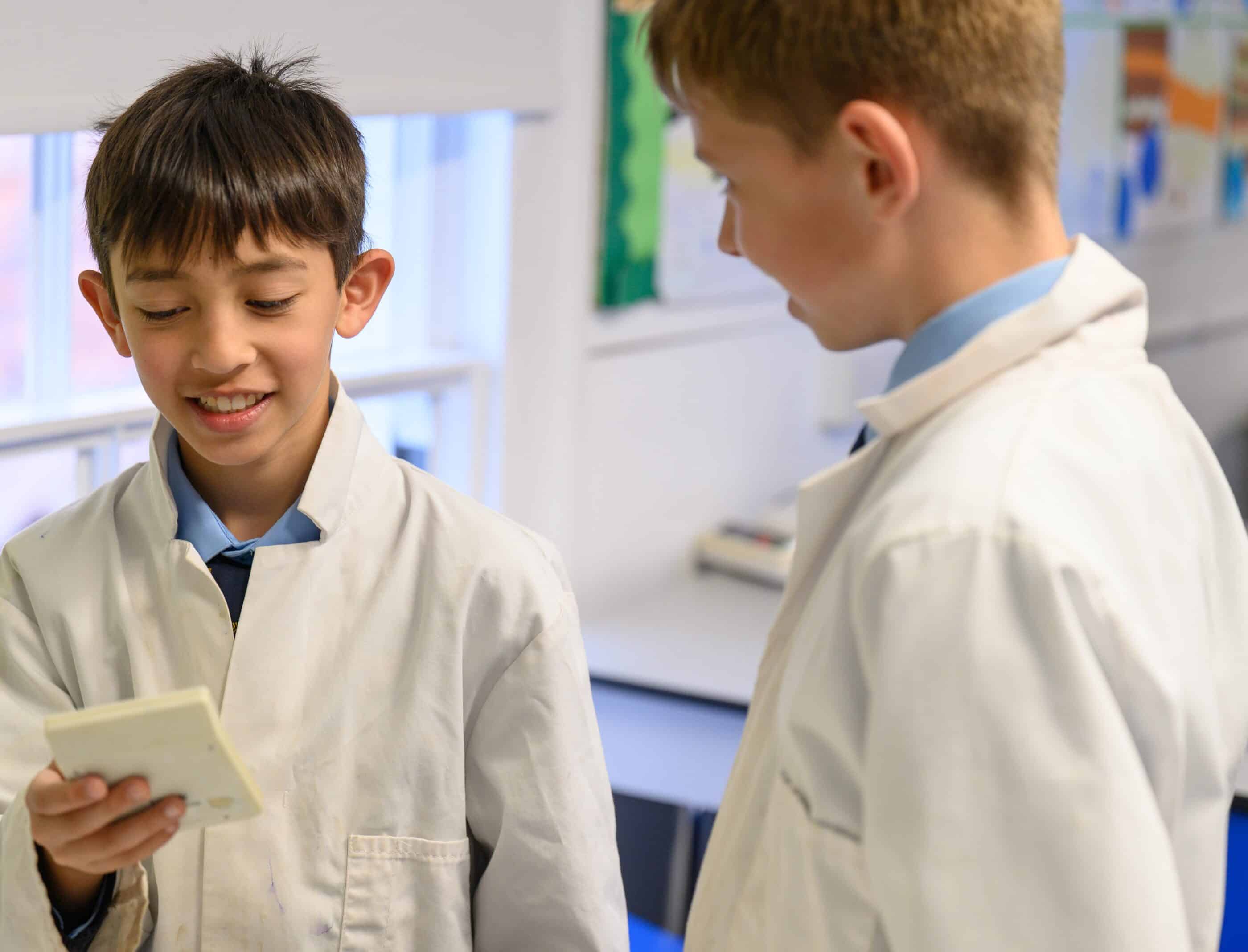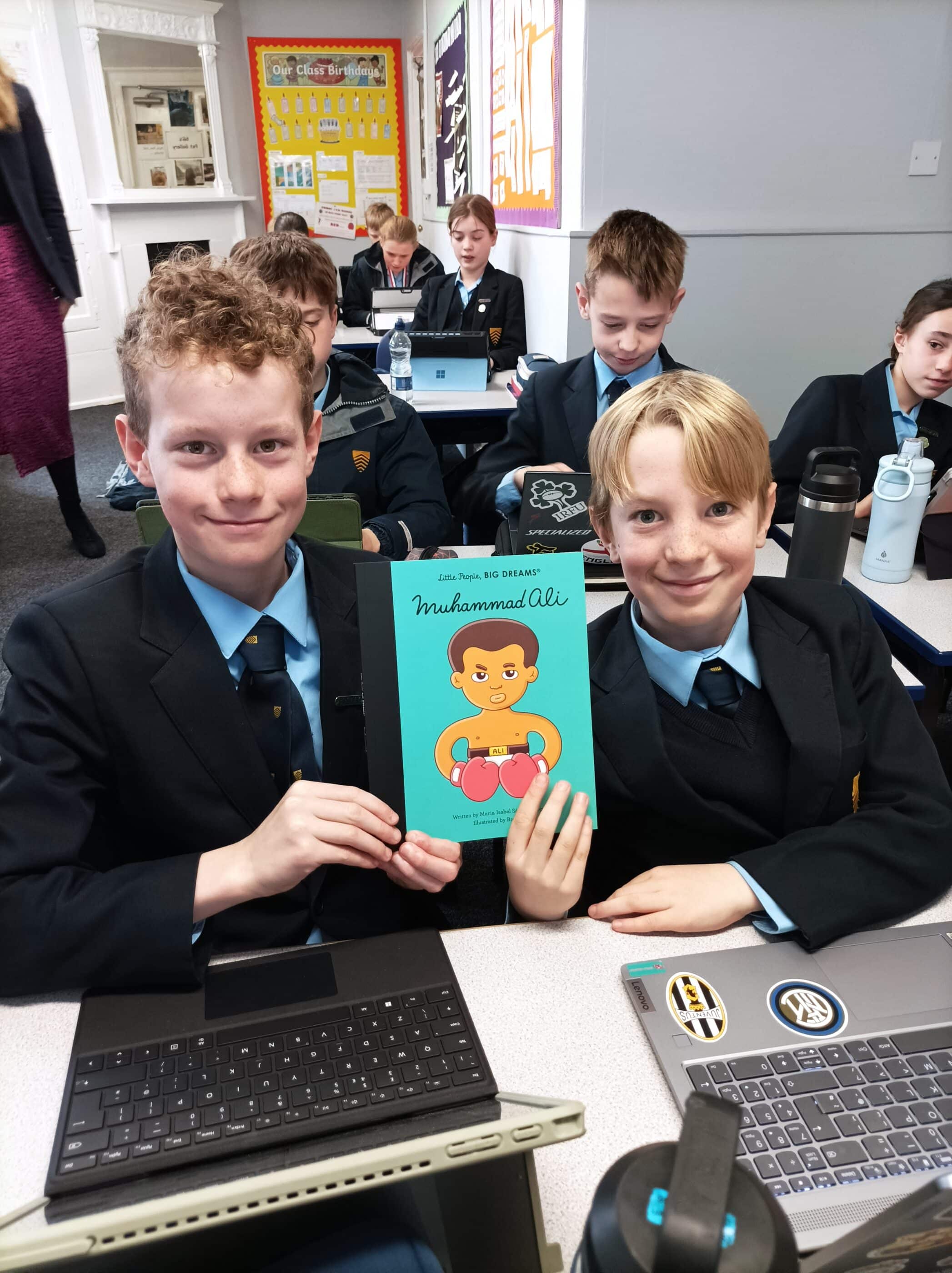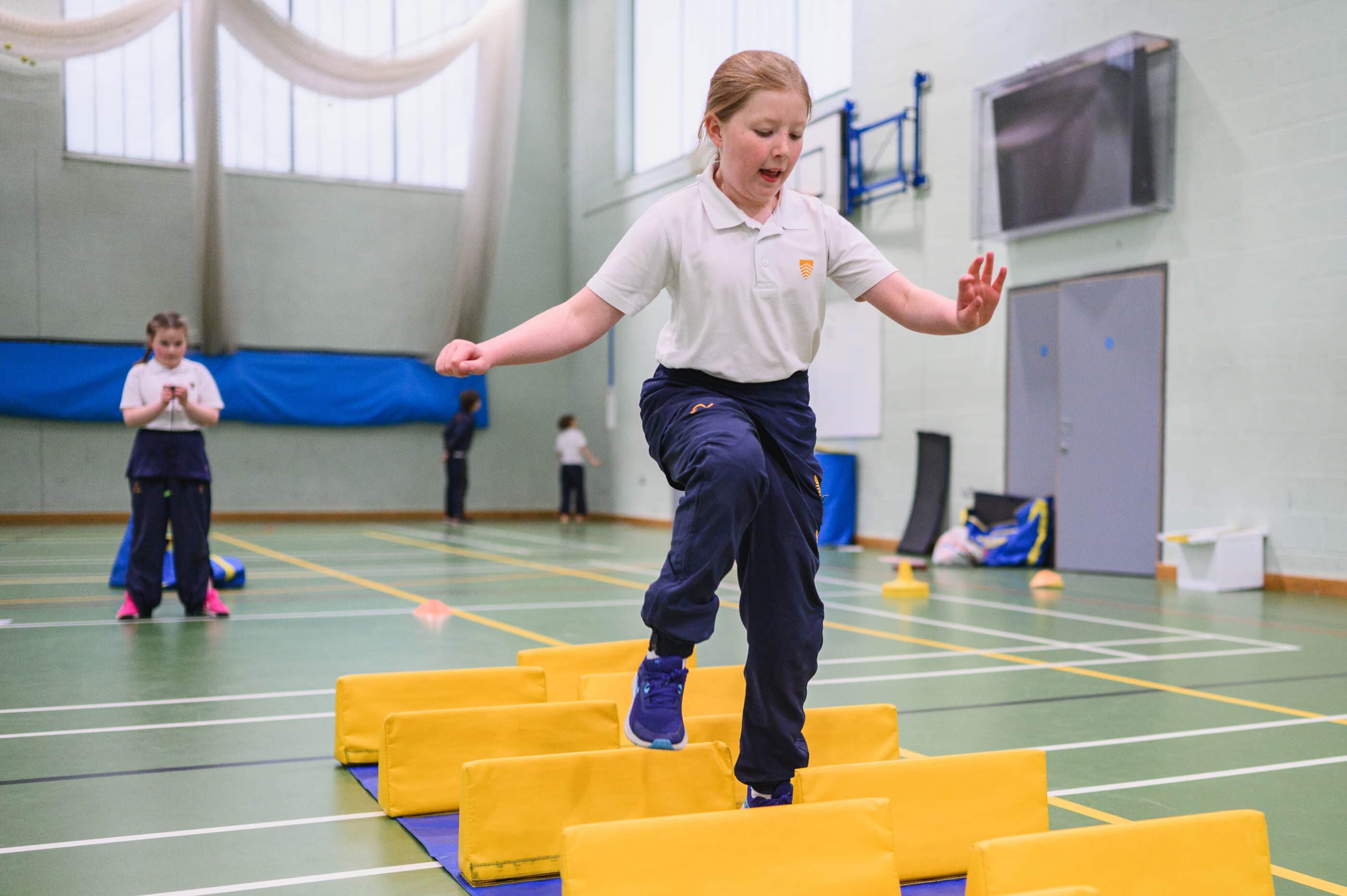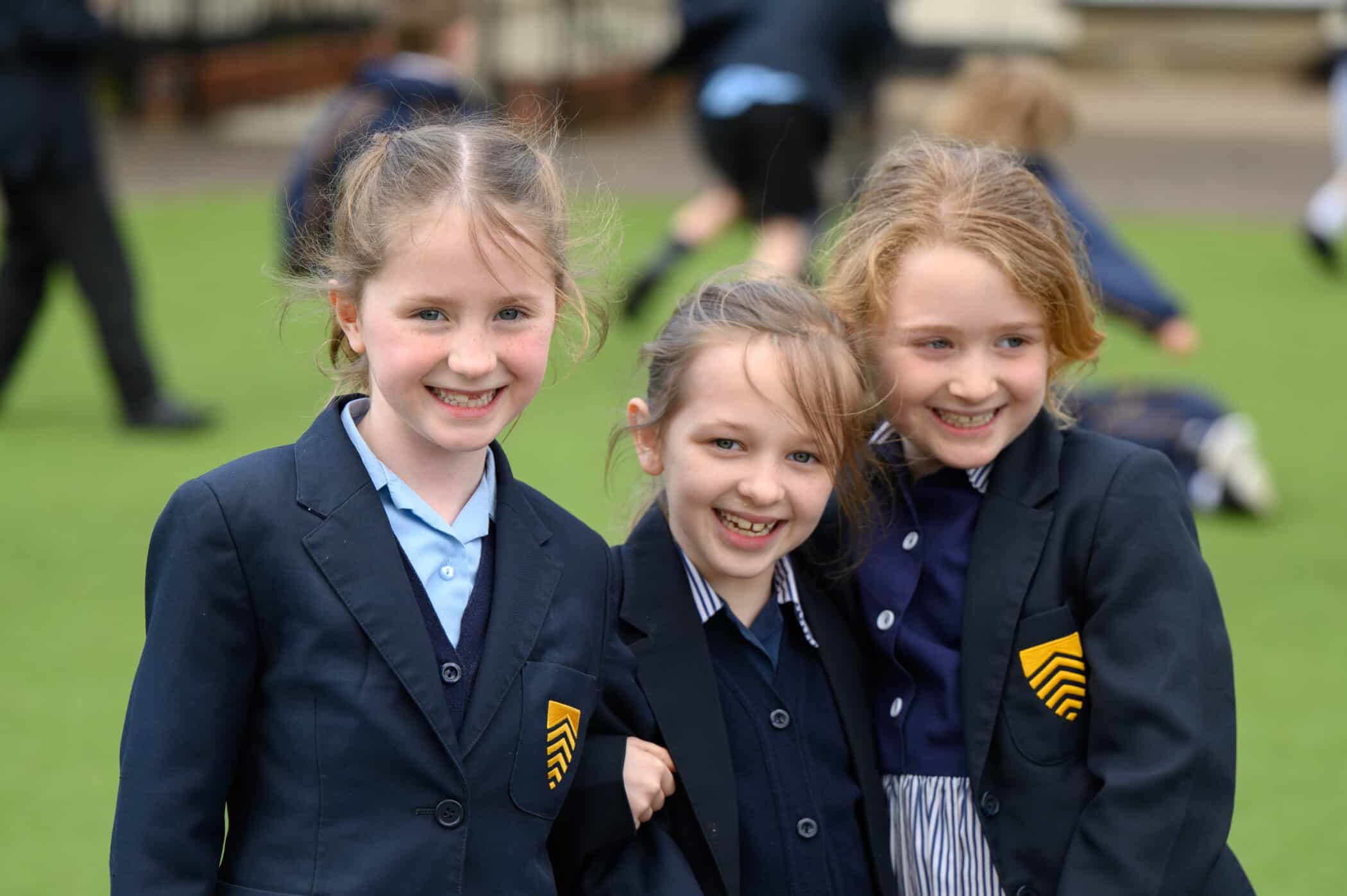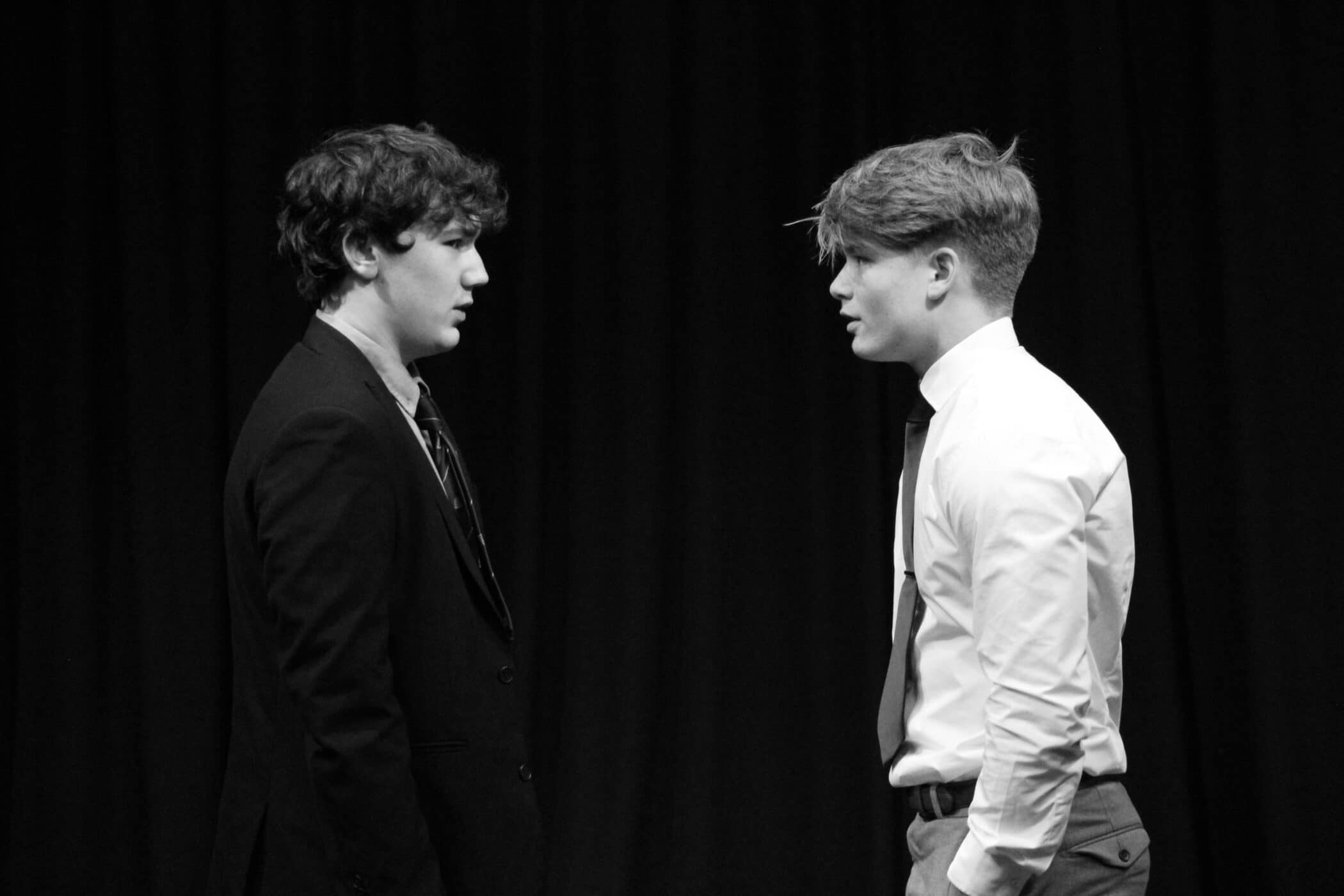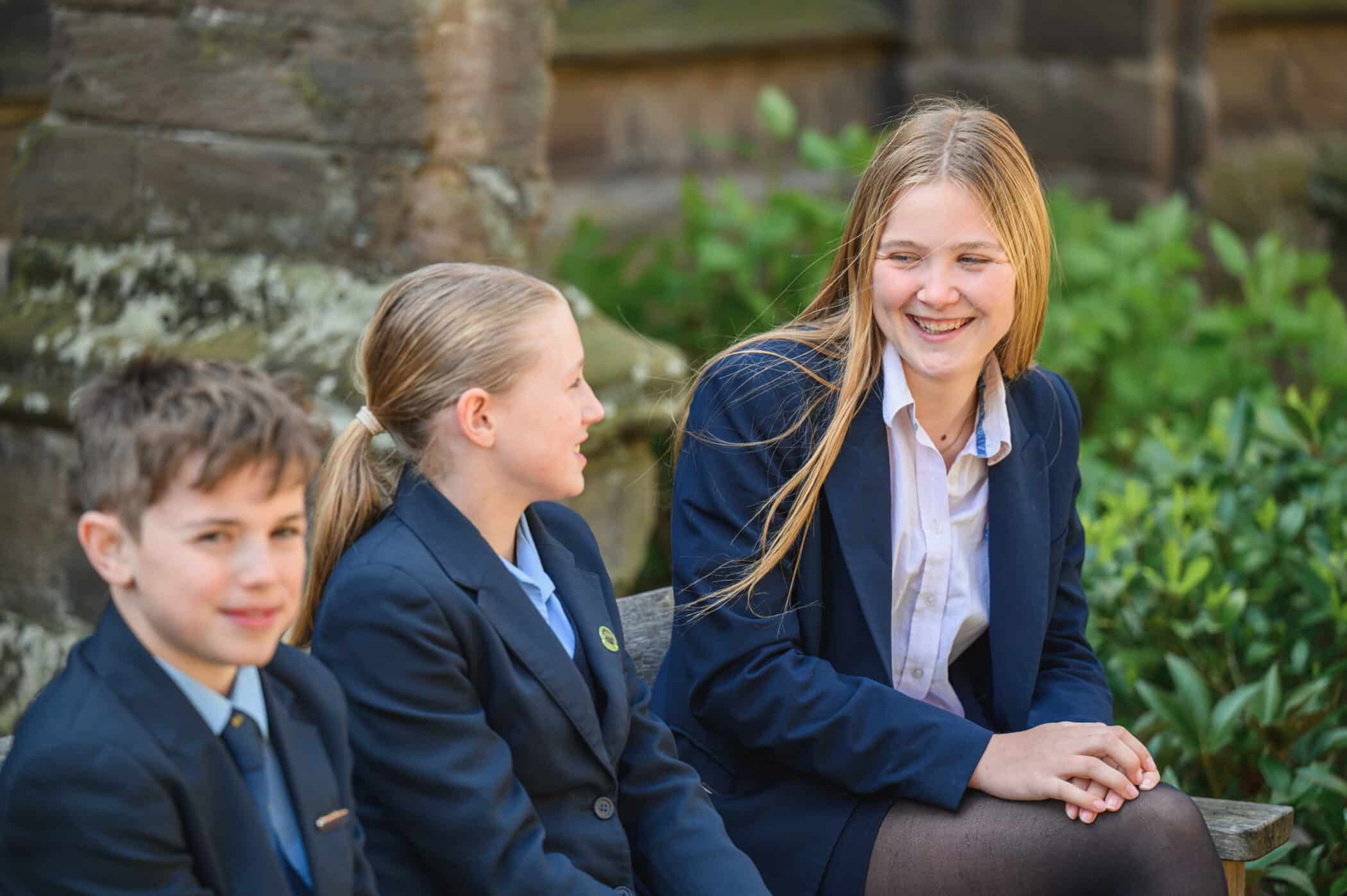From day one, our emphasis is on supporting our children to be happy, independent and curious learners. We welcome children into Reception and take them through to the end of Year 2 in our small pre-prep classes where they receive individualised care and attention.
In these formative years, children learn best through play and by engaging in structured activities which spark their interest. We place a strong emphasis on phonics, spelling and numeracy, whilst also providing opportunities to explore science, technology, humanities, languages, the arts, and sport. This includes a swimming programme for all children in Reception, Years 1 and 2.
Mastering phonics
We are a Little Wandle school and use this government-approved phonics scheme to enable our children to develop strong reading and spelling skills from an early age. This programme comes complete with all the help and ‘how-to’ videos to support parents fully in partnership with the school.
The introduction of Little Wandle has made a significant and measurable difference to how quickly children learn to read and spell with confidence.
The children foster a genuine love of reading through enjoying books together with their teacher in small groups. The scheme allows pupils to focus on honing their pronunciation and seamlessly blending sounds for fluent reading. They can quickly see their own progress, feel empowered and develop a lifelong passion for reading.
"We’d like to thank the lovely Reception team that make learning fun and rewarding - so important for academic confidence. Our son really glows when he writes and sounds out his letters, with no prompting from us - he clearly just enjoys it."






